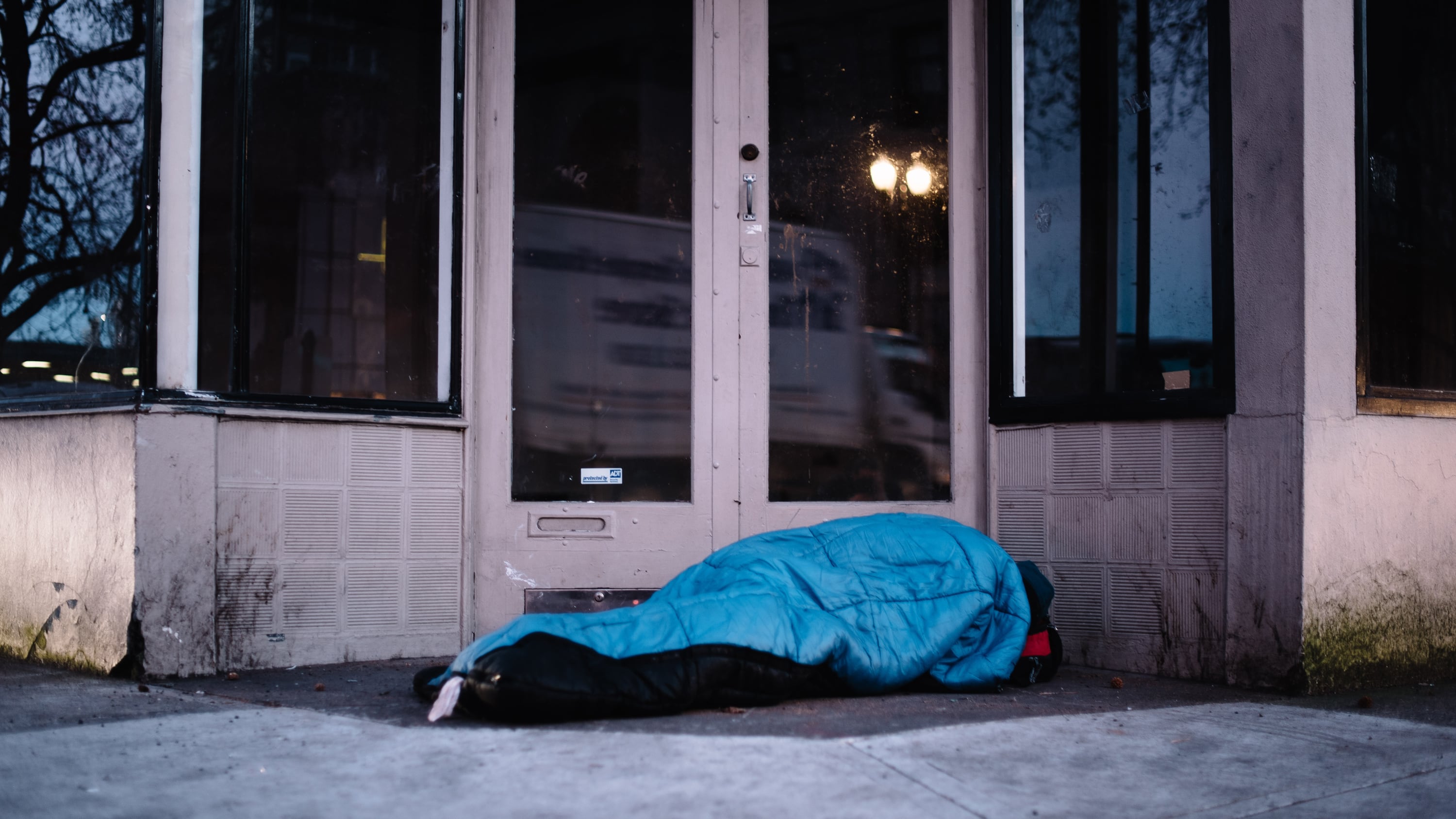The Portland Planning and Sustainability Commission took a second run at a controversial design guideline for private buildings on Dec. 17.
In a previous meeting on Nov. 12, the PSC wordsmithed Design Guideline 6, one of a dozen guidelines it is reviewing before passing a document along to the city's Design Commission, which is coming to the end of a three-year effort to streamline the city's design review process.
In that meeting, commissioners voted to add the words "rest and be welcome" to Guideline 6. Commissioner Oriana Magnera, the leading proponent of adding those words, argued that, given Portland's housing crisis, buildings should include design features that would allow people to pitch tents and sleep if necessary.
Related: An Influential City Panel Wants New Private Buildings to Provide Space for Homeless Camping
The PSC yesterday debated the meaning of the word "rest" in regard to the intended use of public space outside new private buildings downtown. The question at hand was whether or not "resting" implies houseless Portlanders can set up camp overnight.
After a vigorous debate, the PSC voted to keep the title of Guideline 6 as "Provide Opportunities to Rest and Be Welcome." A motion to return to the original language "Provide Opportunities to Pause, Sit and Interact" failed in a 5 to 4 vote.
Even after the vote a commissioners continued trying to clarify exactly what those words should communicate to developers.
What does "rest and be welcome" entail? Some commissioners say it's still vague.
"The conversation that we're having right now, to me, proves the point that we're not really clear about what the intent is, and I think it's important to be as clear as possible," said Commissioner Ben Bortolazzo. "Are we providing space for people to spend the night or not?"
Commissioner Jeff Bachrach echoed this concern and said that directly injecting ambiguity into a code is "always a mistake."
In contrast, Magnera argued the vagueness in language is intentional so that the city, citing the idea of "targeted universalism," can create space that makes it easier for the houseless population to rest and camp while also providing benefits to other members of the community.
"I'm comfortable with leaving the language a little bit more vague," she said. "Let's leave it up to interpretation."
Commissioner Eli Spevak, speaking in agreement with Magnera, said the commission wants to convey they are not supportive of "defensive architecture," which is design used to purposely make certain populations feel unwelcome (i.e. placing boulders in front of a property to prevent overnight camping).
"We want to reclaim the word 'rest'," Spevak said. "We did not say that 'rest' means you can set up a tent and sleep for the night," adding that if groups want to petition for this they can, but it is not a design requirement.
The PSC will pass its work along to the Design Commission, which will make recommendations next year to City Council.

